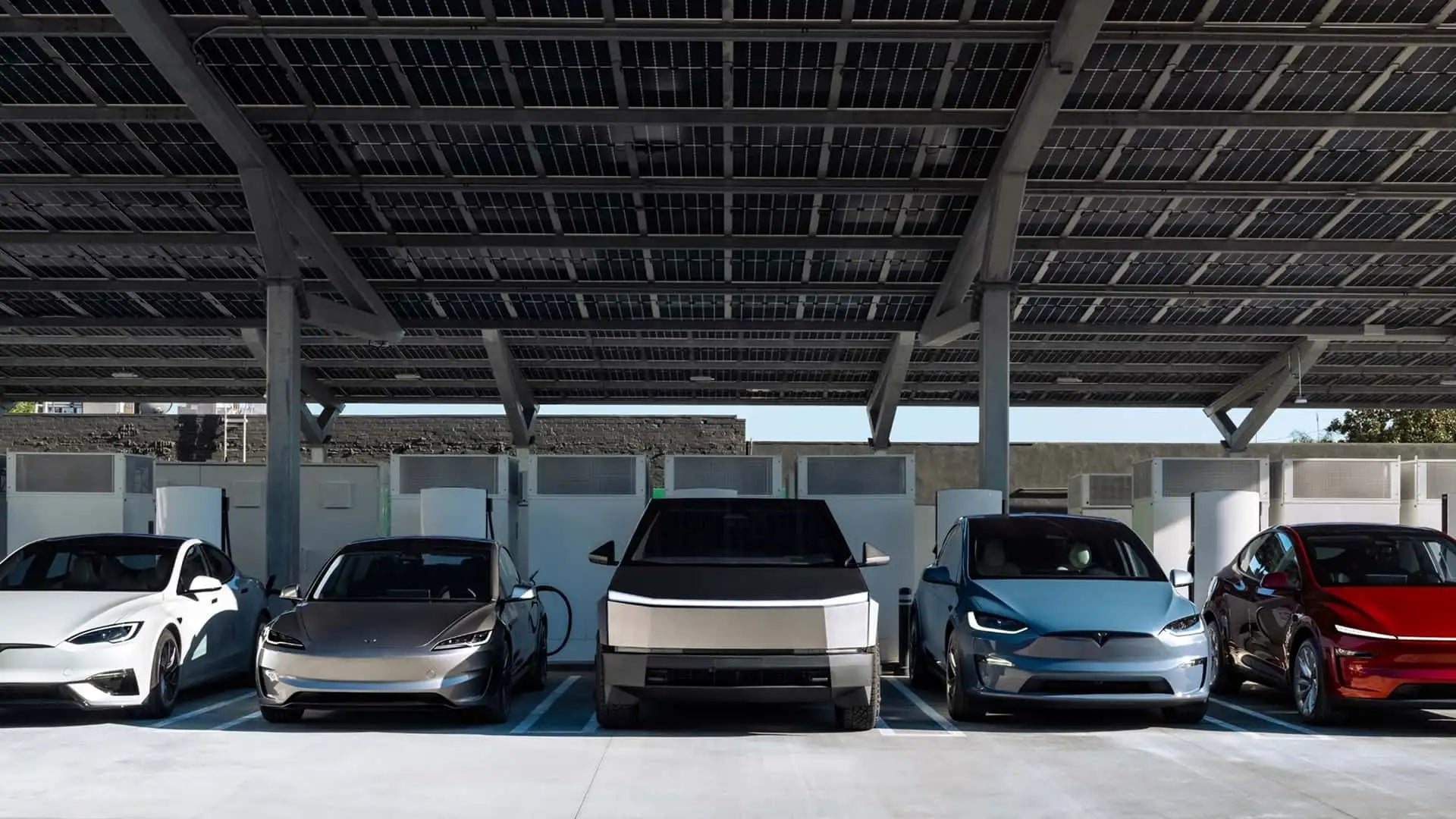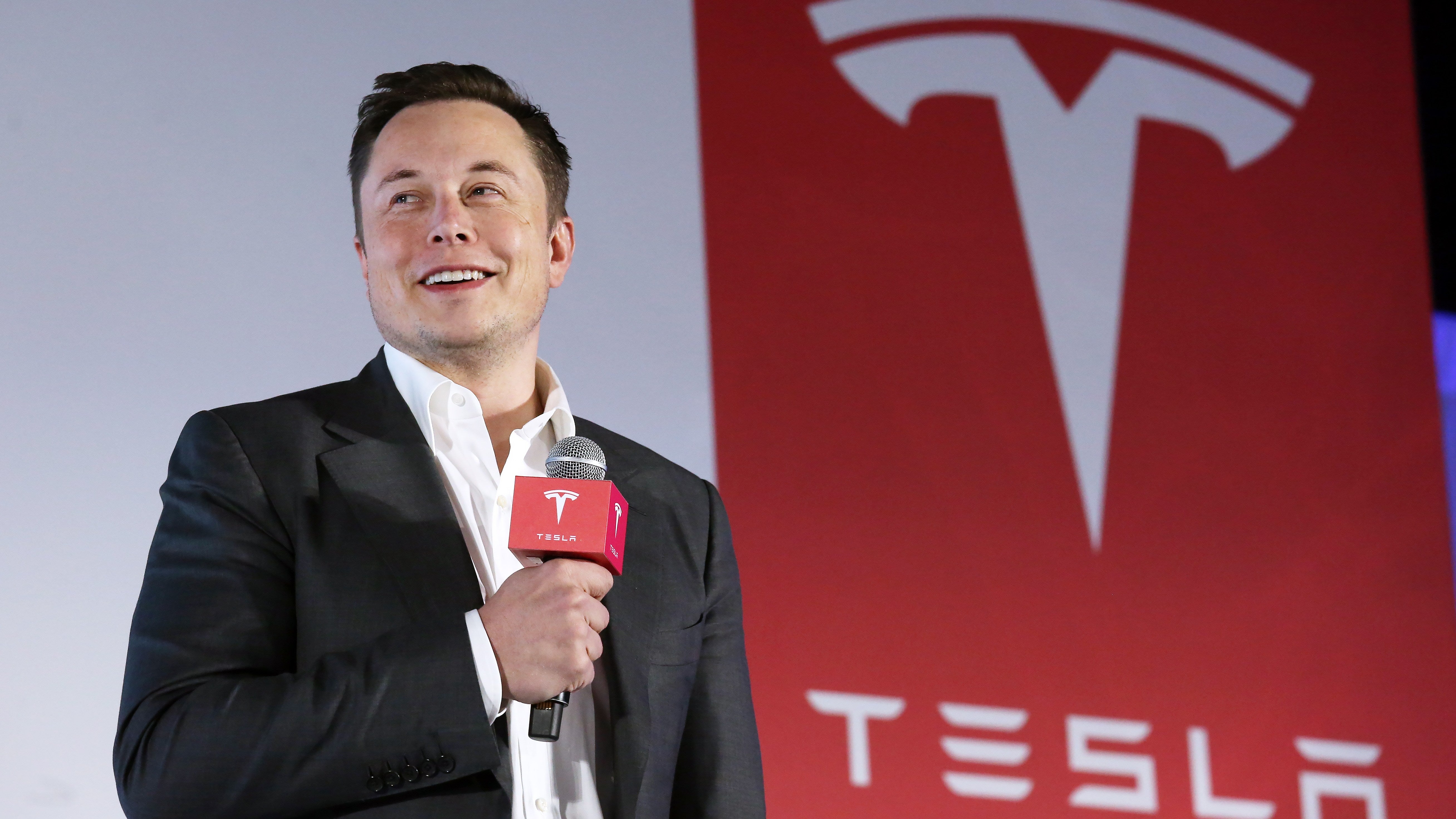Tesla’s Supercharger network has long been one of the company’s biggest competitive advantages. Over the past decade, those tall, glowing white chargers have sprung up across highways and shopping centers, becoming an iconic part of America’s EV landscape. Now, as Tesla’s car sales slow worldwide, the company is leaning harder than ever into its charging business.
On Friday, Tesla officially launched a new program that allows businesses to purchase their own Superchargers, complete with the option to add a custom logo. Buyers cover the cost of the equipment and installation, while Tesla supplies the hardware, software, and ongoing support to transform empty parking spaces into fast-charging hubs for EVs of all brands.

A Shift in Strategy
This isn’t Tesla’s first time selling its charging gear. In 2023, it struck a $100 million deal with BP Pulse to supply Superchargers for its network. But this marks the first time Tesla’s fast-charging hardware is openly available to outside businesses at scale.
The timing makes sense. Tesla’s global deliveries fell last year for the first time in more than a decade, and 2025 is shaping up to be another flat year. Revenue and profit have both slid, and the company’s long-promised “affordable EV” turned out to be just another variant of the Model Y. Meanwhile, Elon Musk’s attention has shifted toward robotics and AI, leaving the charging division as one of the few areas where Tesla is still investing aggressively.
The Costs Behind the Cables
Tesla doesn’t publish Supercharger pricing for buyers, but past disclosures offer some clues. According to Tesla’s North America charging director, the company typically spends $40,000–$45,000 per stall when building its own stations. Since Tesla requires a minimum of four stalls per site, a small project could cost a business around $200,000 before electricity and operational expenses.
Installing chargers isn’t quick, either. Socal EV, a consulting firm, says it can take 12 to 64 weeks from initial planning to the first car plugging in, depending on permits, utility coordination, construction delays, and inspections.
Even once live, the economics aren’t simple. Let’s take a rough example: if a business charges drivers $0.45 per kilowatt-hour, and Tesla plus the local utility take their cut, the site operator might net around $0.175 per kWh. With the Department of Energy estimating an average DC fast-charging session at 22 kWh, that equals just $3.85 per charging session in direct revenue. To recoup $200,000, it would take roughly 52,000 charging sessions.
Beyond Charging: The Real Opportunity
The math shows why Tesla’s new program isn’t a get-rich-quick scheme for small businesses. But that doesn’t mean it isn’t smart business.
A 2024 MIT study found that stores near EV fast chargers saw annual sales rise, largely thanks to drivers shopping or eating while waiting for their cars. The dwell time creates a captive customer base—something any Starbucks, convenience store, or shopping center would happily capitalize on.
Any EV driver knows the feeling: sure, you can stay in your car and scroll Netflix, but it’s hard to resist grabbing a snack or drink nearby. For businesses, the indirect revenue from increased foot traffic could easily outweigh the modest margins from charging sessions.

Why It Works for Tesla
For Tesla, the program is a win-win. The automaker keeps control of the Supercharger ecosystem without bearing all the upfront construction costs. It earns a cut of charging revenue while expanding the reach of its network. And as Tesla continues to open Superchargers to non-Tesla EVs, the potential customer pool grows even larger.
In short, Tesla is turning one of its biggest assets into a product that others can buy into—just as its core car business faces mounting challenges. The Supercharger may not just be a perk for Tesla drivers anymore; it’s becoming an infrastructure business in its own right.
Recommend Reading: Tesla Launches Upgraded Model Y Performance With Adaptive Suspension








Share:
Affordable EV Milestone: Nissan LEAF Hits $25k Before Tesla
Ford’s 2026 F-150 Lightning STX Brings More Range at No Extra Cost